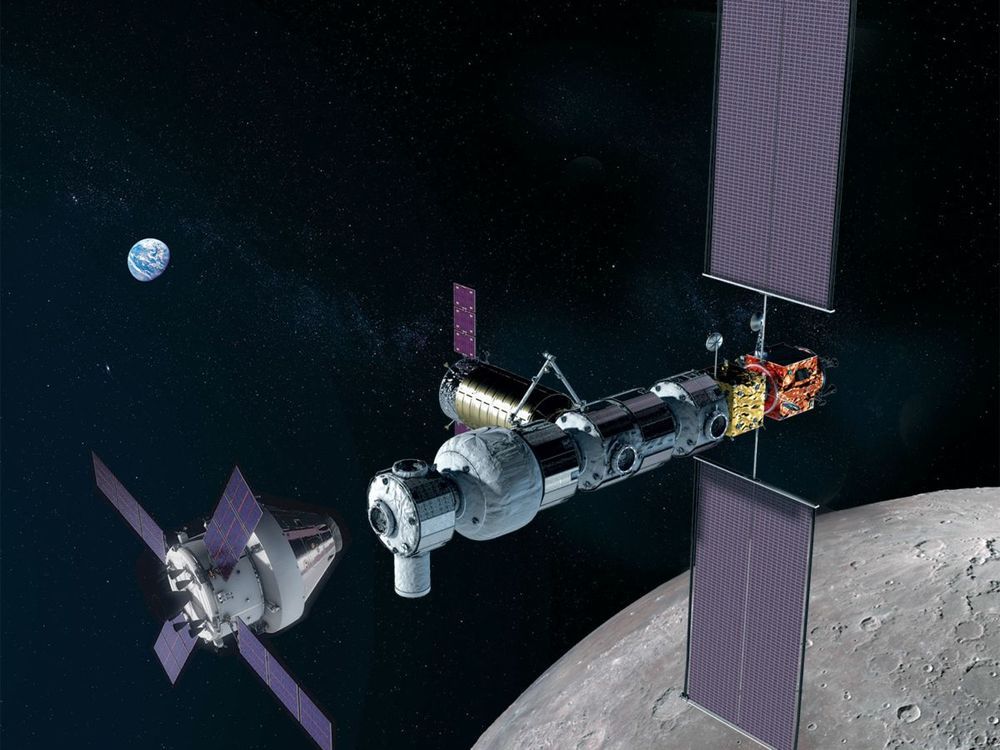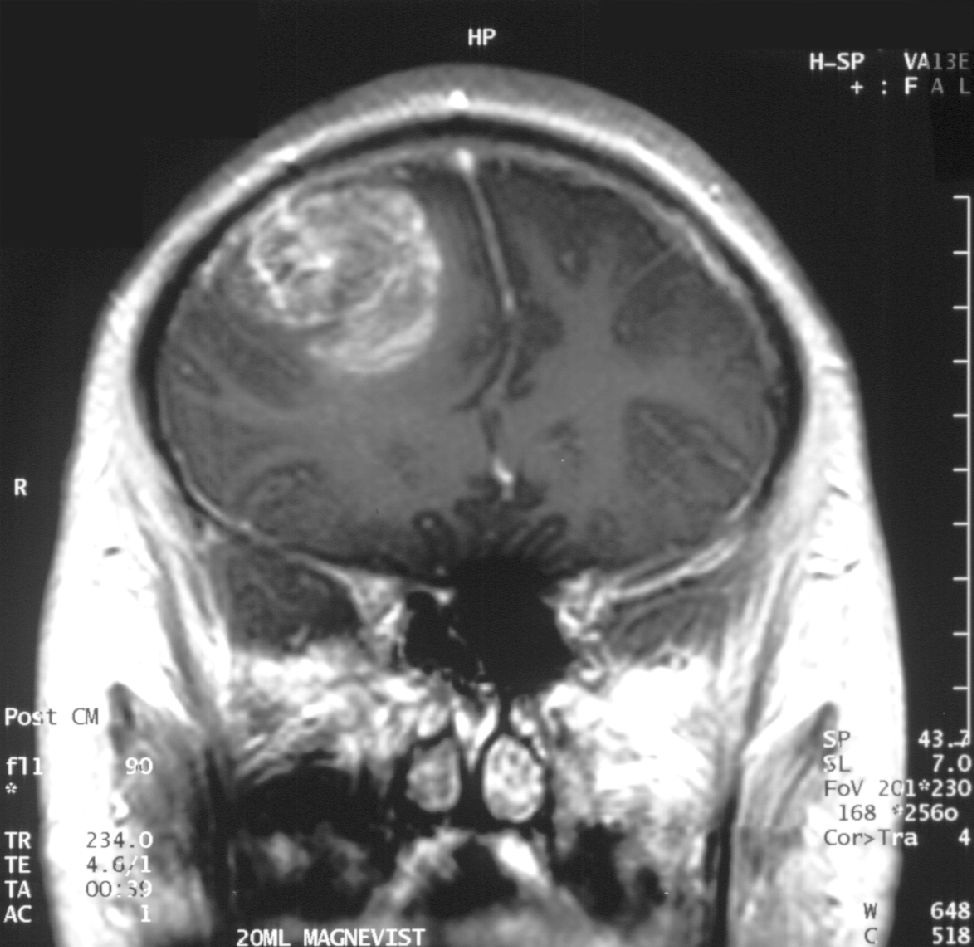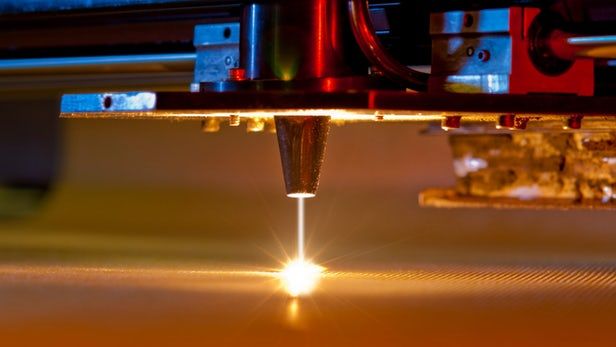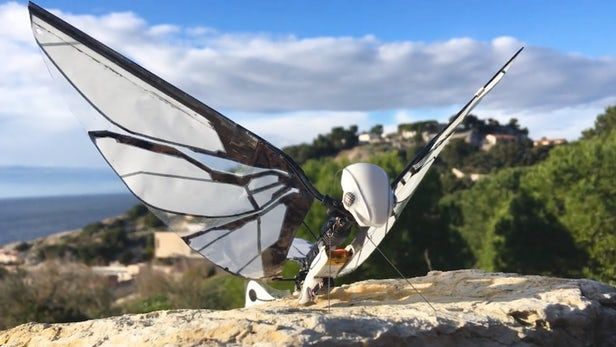I know some people don’t like it but the Lunar Gateway is getting more traction.
The International Space Station partners have endorsed plans to continue the development of the Gateway, an outpost around the Moon that will act as a base to support both robots and astronauts exploring the lunar surface.
The Multilateral Coordination Board, which oversees the management of the Space Station, stressed its common hope for the Gateway to open up a cost-effective and sustainable path to the Moon and beyond.









